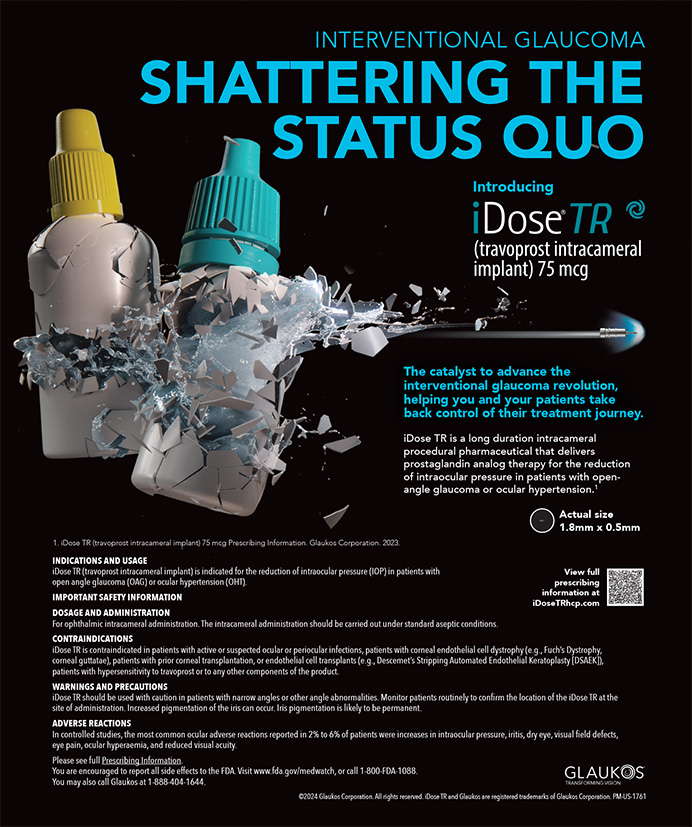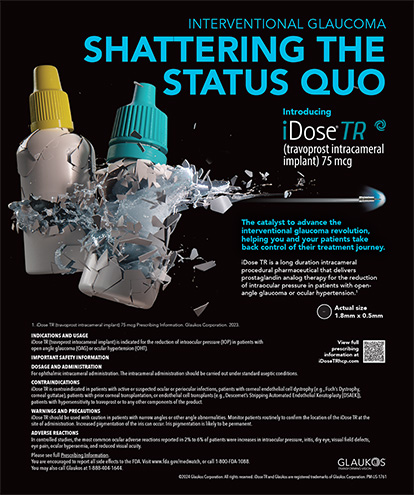
During my career, I have worked at nine different US Veterans Affairs hospitals. I also have multiple family members who served in the US military, although I never served myself. As a refractive surgeon, some of my most memorable patients are in the US Special Forces—members of the Air Force Pararescue (commonly known as PJs); Army Rangers, 1st Special Forces Operational Detachment-Delta (commonly known as Delta Force), and Green Berets; Navy Sea, Air, and Land Teams (commonly known as the Navy SEALs); and Marine Corps Special Forces (commonly known as MARSOC). One individual in particular stands out in my mind.
AN UNEXPECTED VISIT AND A REMARKABLE REQUEST
My staff and I were unsure how he got on the schedule, but the servicemember had an appointment. When I began to talk to him about the risks and benefits of laser vision correction, he interrupted me and said, “Sir, it’s not for me.” I said that I didn’t understand.
He responded, “I spend a lot of time away from my wife, and most of the time, she really doesn’t know where I am, what I am doing, or really even if I am alive or dead for weeks or months at a time.” There was a pause, and I asked where I fit into the story.
The servicemember said, “I want you to do something special for her. She really can’t see, and I thought I would give her something that will matter if anything ever happens to me.” His concern was that his wife would not be able to find their children or get them and herself safely out of the house if it were on fire while he was away.
I asked, “So, you want to me to operate on your wife?”
He politely said, “Yes, sir, and I really don’t have a lot of extra money right now with the kids and my salary.”
I said, “How about $1.00?”
“What?” he asked.
I replied, “I have to charge you something, right? How about $1.00?”
The man thanked me, to which I responded, “No, thank you for what you do, and it would be my honor.”
OUTCOME
The servicemember’s wife underwent laser vision correction and achieved an excellent outcome. My interactions with her at postoperative visits gave me insight into the life of the spouse of a member of the US military, particularly a member of the US Special Forces. I realized that most of us haven’t a clue what the families of military spouses go through—the sporting events, dance recitals, Girl and Boy Scout meetings and trips, school dances, and more that happen without the servicemember there. I saw the husband only once more when he showed up out of nowhere to thank me. I said, “No, thank you for making me understand.” I also told him, “If you know of another servicemember who needs laser vision correction for $1.00, let me know.”




